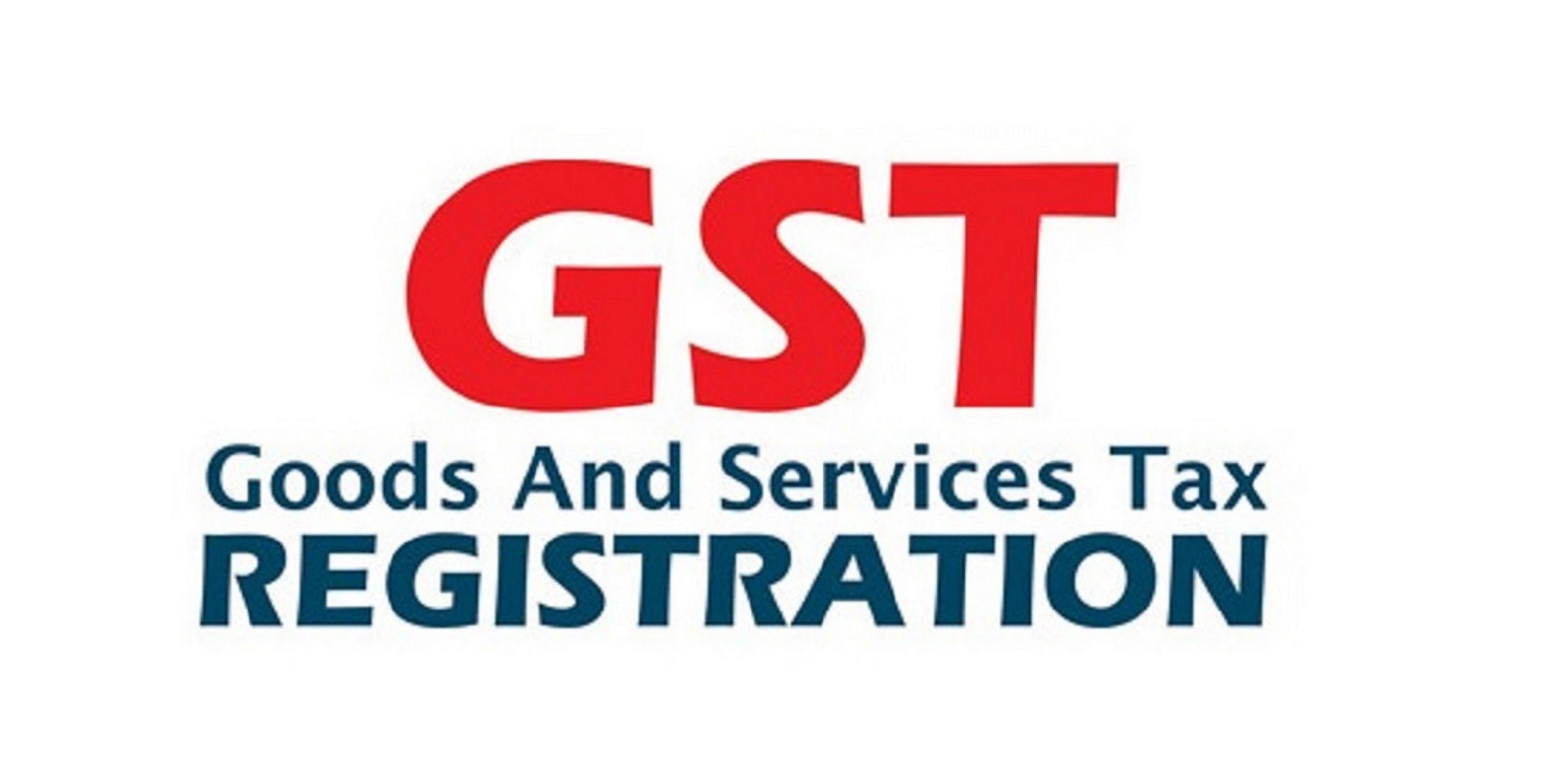Open the Advantages of GST Registration in Singapore with CFO Account & Services
Open the Advantages of GST Registration in Singapore with CFO Account & Services
Blog Article
Navigating the Intricacies of GST Enrollment: A Comprehensive Guide for Entrepreneur
Navigating the complexities of GST registration can be a daunting job for several local business owner, as it entails a myriad of policies, laws, and processes that should be stuck to. With the ever-evolving landscape of tax obligation regulations, guaranteeing conformity and comprehending the complexities of GST enrollment is essential for the seamless operation of any kind of organization. From figuring out qualification and collecting the needed documentation to maximizing procedures for optimal effectiveness, this thorough overview intends to provide service owners with the understanding and tools required to browse the complexities of GST registration effectively.
Eligibility for GST Enrollment
Local business owner must meet details criteria to determine their qualification for GST registration. As a whole, companies with an annual turn over going beyond a certain limit are needed to register for Item and Provider Tax (GST) This threshold differs by country, yet it is important for entrepreneurs to remain informed regarding the certain guidelines in their territory. Additionally, companies associated with interstate materials, e-commerce, or the stipulation of specific defined services and products may additionally be mandated to sign up for GST, despite their turnover.
In addition, organizations that are registered under any kind of previous tax obligation regime, such as VAT or service tax, are typically needed to transition to GST registration. Comprehending these requirements is critical for company owner to guarantee conformity with the law and prevent any type of fines or lawful problems. It is suggested for business owners to consult with tax obligation professionals or lawful experts to assess their eligibility for GST enrollment accurately. By adhering to the required standards, services can smoothly navigate the intricacies of GST registration and run lawfully within the tax framework.
Documents Needed for Registration
To complete the GST registration procedure, companies need to collect and send a thorough collection of documents. The vital files required for GST enrollment generally include proof of organization enrollment or incorporation such as the Certification of Unification, partnership act, or any type of various other registration certificate. Furthermore, organizations need to give identity and address proof of the partners or promoters, which can be in the kind of Aadhar card, FRYING PAN driver, key, or card's certificate. Financial documents such as financial institution statements, evidence of place of service like rental agreement or electrical power costs, and accredited signatory information are also important for the enrollment process.
In addition, details documents connected to the nature of the organization, such as a listing of products or services supplied, HSN codes for items, and cavity codes for services, may be called for - Why choose CFO Account & Services for GST registration in Singapore. It is critical for businesses to guarantee that all documents sent are exact, current, and in the recommended format to stay clear of any hold-ups or problems in the GST registration process
Process of GST Enrollment
Having constructed the requisite documents, businesses proceed to initiate the GST registration procedure by involving with the online website assigned for registration. This on the internet website is the Item and Provider Tax Obligation Network (GSTN) portal, which works as the key system for all GST-related activities in India. Upon accessing the portal, organizations are required to fill up out the GST enrollment form with precise details concerning their business tasks, turn over, and other relevant details.
As soon see page as the type is finished and submitted on the portal, the GSTN confirms the details supplied by the service. Adhering to effective verification, a GST registration certification is provided to the organization entity.
It is necessary for services to guarantee that the details provided throughout the GST blog here registration procedure is precise and approximately date to avoid any kind of possible issues or hold-ups in acquiring the GST enrollment certificate.
Comprehending GST Compliance

Businesses need to be familiar with the various GST conformity demands based upon their turn over, nature of goods or services, and the states in which they run. It is important to remain updated on any adjustments in GST regulations and guidelines to stop any non-compliance issues.
Non-compliance with GST policies can lead to significant fines, fines, and even legal repercussions. Therefore, organizations must invest time and resources in educating themselves and their staff on GST conformity. Seeking expert assistance from tax obligation advisors or professionals can additionally help in navigating the intricacies of GST compliance and guaranteeing that services operate within the lawful structure.

Tips for Optimizing Business Workflow
For improved efficiency and efficiency in service operations, calculated preparation and structured procedures are vital elements. One tip for enhancing company operations is to utilize modern technology properly.
One more important facet is prioritizing jobs based upon their significance and due dates. By producing a clear pecking order of tasks and establishing sensible timelines, businesses can ensure that crucial tasks are finished in a timely manner. Moreover, cultivating a society of open communication and partnership amongst staff member can cause click this link raised effectiveness and advancement.

Conclusion
Finally, navigating the intricacies of GST enrollment needs a clear understanding of qualification standards, necessary papers, enrollment procedures, and compliance requirements. By adhering to these standards and optimizing company operations, business owners can make sure smooth operations and compliance with the GST laws. It is necessary for businesses to remain educated and upgraded on GST guidelines to avoid any kind of charges or lawful issues.
The key documents required for GST registration generally include evidence of business registration or unification such as the Certificate of Unification, partnership act, or any type of other registration certification.Having constructed the requisite documentation, organizations proceed to launch the GST registration process by involving with the on-line portal assigned for enrollment. Upon accessing the site, services are required to fill out the GST enrollment kind with accurate information regarding their business tasks, turnover, and other relevant details.
In order to preserve adherence to GST guidelines and prevent penalties, services should focus on comprehending GST compliance. By sticking to these standards and enhancing service operations, service proprietors can make certain smooth operations and conformity with the GST regulations.
Report this page